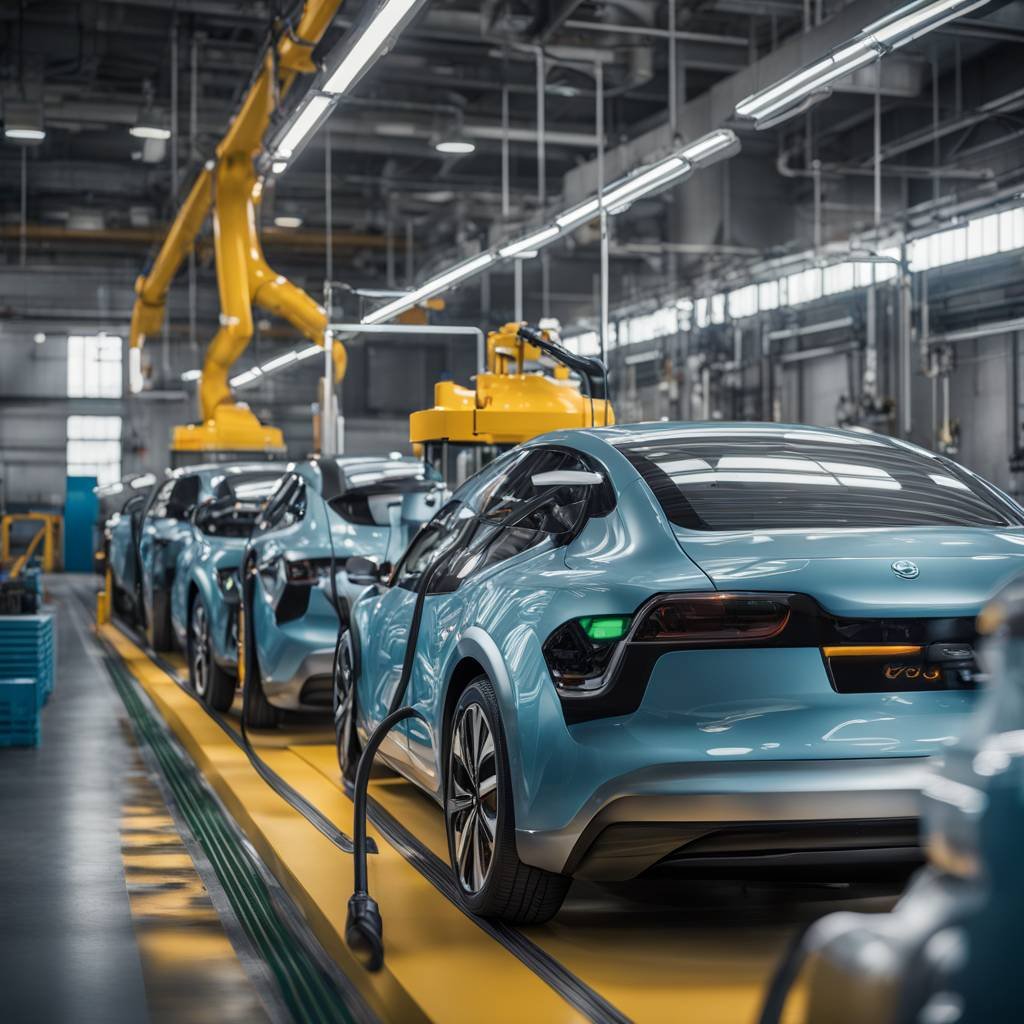The Southeast is experiencing a surge in job creation thanks to the establishment of new factories producing electric vehicles (EVs) and their batteries. However, utilities in the region are struggling to meet the increased power demands of these factories, opting for natural gas power plants over renewable energy sources. Despite the flat or declining demand for electricity in most of the U.S. over the past fifteen years, utilities in the Southeast are forecasting single-digit percentage growth annually through the end of the decade, driven largely by the auto industry, solar panel manufacturing, and data centers.
Major utilities in the Southeast, such as Georgia Power and Duke Energy, are prioritizing natural gas as the solution to meet the anticipated increase in electricity demand. The approval of plans to build new methane and oil-burning plants and purchase energy from other sources highlights this trend. The reliance on natural gas for power generation is concerning due to its polluting effects, as it produces sulfur dioxide, oxides of nitrogen, and CO2. While natural gas is a better alternative to coal, it falls short of the carbon gains provided by renewable energy sources like solar, wind, and hydro-electric power.
The decision to continue investing in natural gas rather than transitioning to renewables raises questions about the environmental impact and long-term sustainability of energy production in the region. Despite the economic benefits of attracting EV and battery manufacturing facilities to the Southeast, there are concerns about the reliance on fossil fuels for power generation. The preference for natural gas by utilities in states like North Carolina, South Carolina, and Tennessee may hinder progress towards a cleaner energy future and limit the potential benefits of transitioning to EVs.
The location of most EV and battery plants in Southern states, which offer cheap coal-based energy, highlights a paradox between economic incentives and environmental concerns. While these states are eager to capitalize on the job opportunities brought by EV manufacturing, Republican-led governments have been reluctant to implement policies that support EV production. The juxtaposition of job creation and environmental impact underscores the need for a balanced approach to energy production that prioritizes sustainability and innovation.
In addition to increasing power demands from EV manufacturing, grid upgrades may be necessary to support charging infrastructure. However, studies suggest that the widespread adoption of EVs could eventually drive down the long-term cost of electricity. This potential cost reduction highlights the economic benefits of transitioning to electric vehicles and renewable energy sources. By investing in sustainable energy solutions, such as solar, wind, and hydro-electric power, the Southeast can not only meet the growing demand for electricity but also reduce carbon emissions and promote a cleaner, more efficient energy grid for the future.



